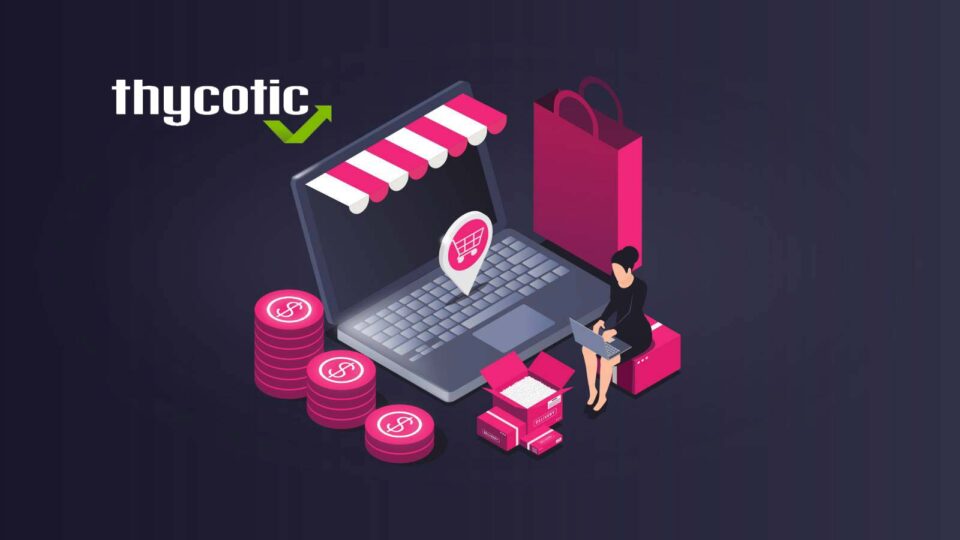Thycotic Centrify, a leading provider of cloud identity security solutions formed by the merger of privileged access management (PAM) leaders Thycotic and Centrify, announced enhancements to its PAM solution for DevOps, Thycotic DevOps Secrets Vault. The latest version offers certificate-based authentication and the ability to configure Time-to-Live (TTL) for secrets, leading to even tighter DevOps security and easier management.
“With the latest enhancements to Thycotic DevOps Secrets Vault, we’re continuing our commitment to deliver usable security solutions,” said Richard Wang, Director of Product Management at ThycoticCentrify. “Today’s organizations require a DevOps solution that’s as agile as their development while satisfying the needs of IT and security teams.”
Recommended ITech News: Guardicore Centra Mitigates Ransomware with Software-Based Segmentation
Certificate-based authentication designed for privileged machines
Thycotic’s DevOps Secrets Vault addresses all scenarios in a DevOps flow where secrets are exchanged between machines, including databases and applications for software and infrastructure deployment, testing, orchestration, configuration, and Robotic Process Automation (RPA). In sync with the high-speed workflow, DevOps Secrets Vault creates digital authentication credentials that grant privileged access to systems and data.
With the latest release, organizations can use certificate-based authentication for enhanced security and easier management. Unlike authentication solutions designed for people (such as biometrics and one-time passwords), certificate-based authentication can be used for machines – non-human privileged users such as systems, devices, and the growing Internet of Things (IoT) – to identify a machine before granting access to a resource, network, or application. Certificates are stored locally and securely, which alleviates the headache of managing passwords and distributing, replacing, and revoking tokens.
Time-to-Live eliminates standing secrets for all cloud platforms
In a DevOps workflow, resources are created quickly and must expire automatically to meet compliance requirements and avoid the risk of standing privilege. When cloud platform administrators, developers, applications, or databases need to access a target, DevOps Secrets Vault generates just-in-time, dynamic secrets.
Recommended ITech News: Vijay Gullapalli Joins Cybersecurity Firm Vehere as Director of Engineering in Dallas, Texas
DevOps Secrets Vault has long supported automatically expiring secrets for AWS and Azure, and now extends this capability to Google Cloud Platform. Now, no matter which environment organizations choose, they can set a predetermined time for secrets to expire automatically.
“Security and identity teams are working in lockstep with DevOps to meet the requirements of these high-speed processes,” said Wang. “They require a powerful solution that delivers immediate value while serving the needs of agile innovation.”
Combined with Thycotic Secret Server, the industry-leading vault for digital credentials, DevOps Secrets Vault provides security and IT teams full visibility and control over secrets management throughout an organization. Specifically, DevOps Secrets Vault replaces the need for hardcoded credentials used in the DevOps process and CI/CD toolchains.
Recommended ITech News: Alpha Wireless Unveils Antenna Solutions to Enable Utility Network Modernization


